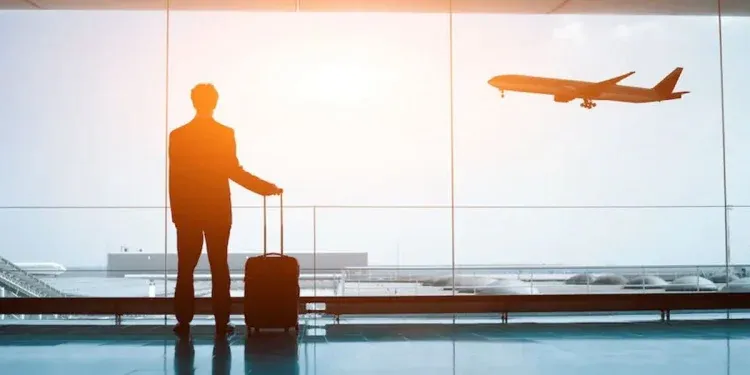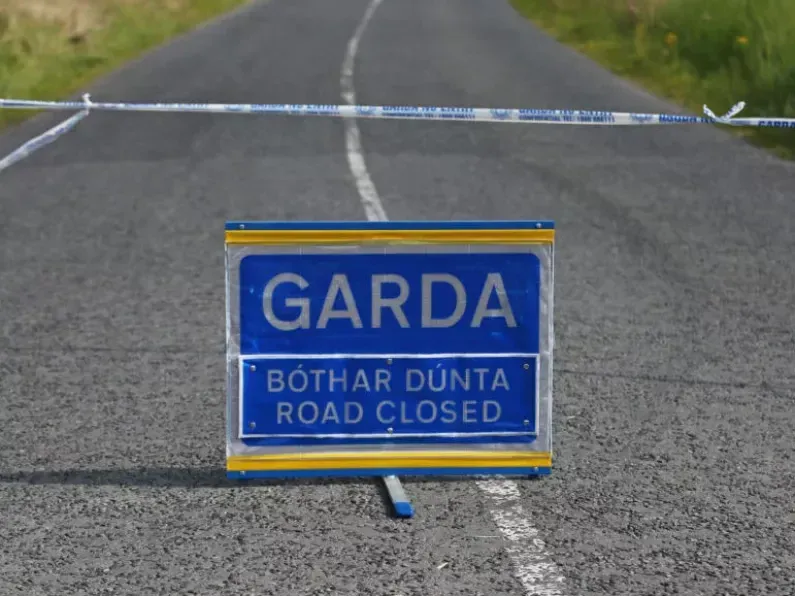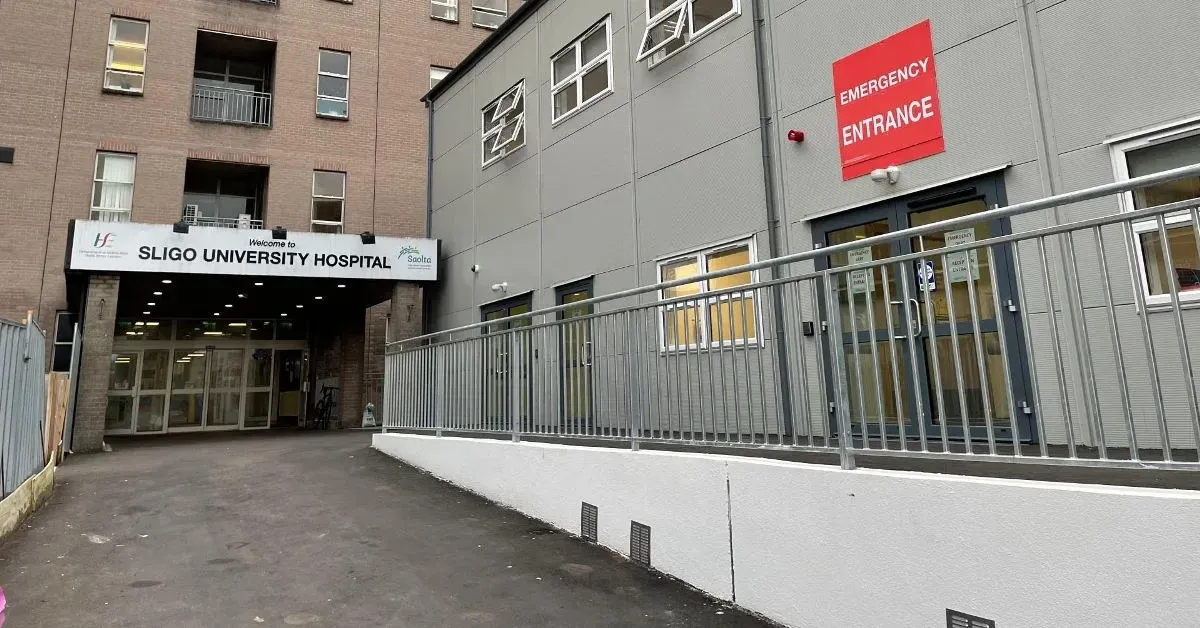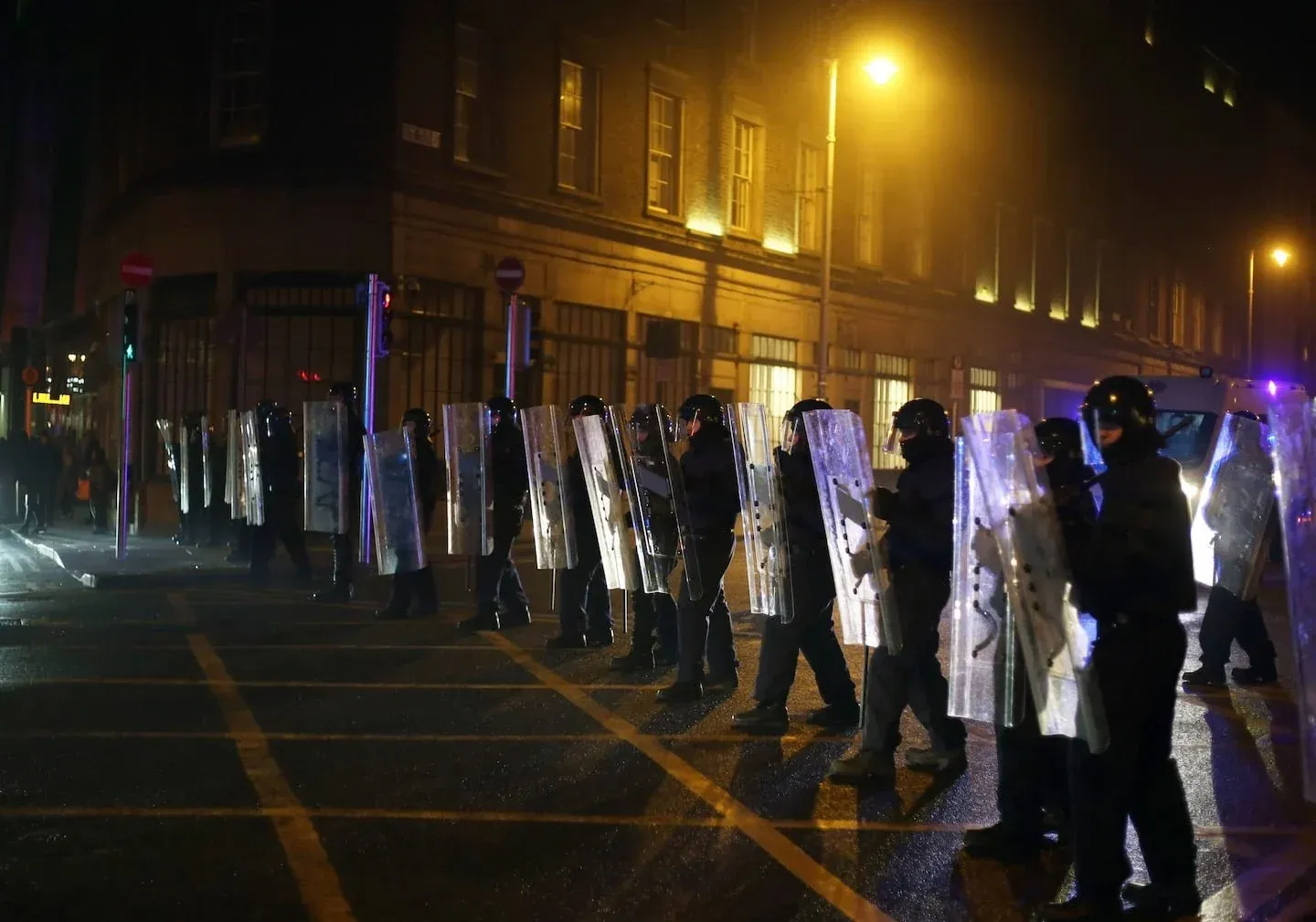Get ready for a potentially significant upgrade to your travel experience, as the European Parliament’s Transport and Tourism Committee has thrown its weight behind ambitious proposals to bolster passenger rights across the EU. This could mean big changes for Irish holidaymakers and business travellers, with aims to finally tackle frustrating issues like surprise baggage fees and the headaches of missed connections.
The move comes after years of calls for updates to air passenger rights, and if approved, these new rules promise a clearer, more robust framework for navigating the inevitable bumps in the road of travel. For those of us in Ireland, these developments could mean a much smoother journey, complementing the existing protections already managed by bodies like the Irish Aviation Authority (IAA) for flights and the National Transport Authority (NTA) for sea and bus travel. Consumer champions like the European Consumer Centre Ireland (ECC Ireland) and the Competition and Consumer Protection Commission (CCPC) also play a vital role in supporting Irish consumers.
Key Proposals Set to Transform Travel:
The committee’s proposals, approved with a strong majority of 38 votes to two, include several notable measures:
- Enhanced Protection for Vulnerable Passengers: A crucial aspect of the new rules focuses on vulnerable travellers. This includes guaranteeing free seating for children under 12 next to accompanying adults and allowing a companion to travel free with persons with reduced mobility. Crucially, it also proposes compensation for damaged mobility equipment or injury to assistance animals, aligning with the existing rights for disabled persons and those with reduced mobility under EU regulations enforced in Ireland.
- Free Small Hand Luggage: A potential game-changer for air travel, MEPs are pushing for common dimensions for hand luggage, allowing passengers to carry one personal item (up to 40x30x15 cm) and one small hand luggage (up to 100 cm circumference and 7 kg) without incurring additional charges. This addresses a common frustration for many Irish air travellers.
- Multimodal Travel Safeguards: For journeys involving two or more modes of transport bought under a single contract, passengers will be protected against missed connections. If a delay of 60 minutes or more occurs due to a missed connection, travellers would be entitled to meals, refreshments, and hotel accommodation if necessary. Carriers and intermediaries would be obligated to clearly inform passengers about their ticket type (single, combined, or separate multimodal) before purchase, or face liability for reimbursement and 75% compensation for missed connections.
- Streamlined Reimbursement Process: To simplify claims, MEPs support a common form for compensation and reimbursement requests. Airlines would be required to send pre-filled forms or enable automatic communication within 48 hours of a disruption. This aims to speed up a process that can often be lengthy and confusing for passengers.
- Clearer Intermediary Responsibilities: Ticket vendors and retailers would have a defined role, needing to inform passengers at the time of booking about the full cost of an air ticket, all applicable fees, and the reimbursement process, which should not exceed 14 days. If the intermediary fails, the air carrier would be responsible for processing the reimbursement within seven days.
- Defined Extraordinary Circumstances: To reduce ambiguity and disputes over compensation, the committee has adopted a clear list of exceptions for denying compensation. This includes natural disasters, war, severe weather conditions, or unforeseen labour disputes (excluding airline staff strikes), providing more clarity for both passengers and carriers.
While Irish consumers already have certain rights under EU regulations for delays, cancellations, and denied boarding – potentially leading to compensation for delays of three hours or more, depending on flight distance – these new proposals look to strengthen and unify these protections across all types of transport.
The ball is now in the court of the European Parliament, with a plenary vote expected in July 2025 before negotiations begin with EU countries. This move signals a strong commitment to a fairer and more transparent travel landscape across Europe, with potentially very positive outcomes for Irish citizens planning their next adventure.







